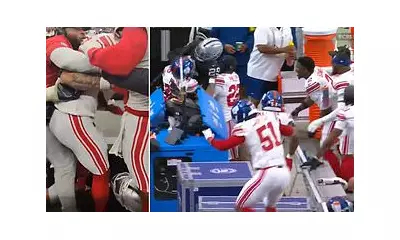
Aston Villa are embarking on a significant strategic shift behind the scenes, aiming to establish a powerful new transfer committee to drive the club forward. This new structure will be spearheaded by the influential duo of Monchi, the president of football operations, and incoming sporting director Roberto Olabe.
The move signals a clear intent from the Birmingham-based club to build a sustainable and successful long-term project under the guidance of manager Unai Emery. The Spanish coach, who has transformed Villa's fortunes since his arrival, is reported to be fully supportive of this new collaborative approach to player recruitment.
The Architects of Villa's New Vision
Monchi, a legendary figure in football for his transfer market prowess during his time at Sevilla, will take a leading role. His expertise in identifying and securing talent is expected to be invaluable. He will be joined by Roberto Olabe, whose appointment as sporting director is now official after leaving his role at Real Sociedad.
This partnership is designed to create a cohesive and data-driven strategy for player acquisitions and sales, ensuring that every signing aligns with Unai Emery's tactical philosophy.
Emery's Blueprint for Success
Unai Emery's success at Villa Park has been remarkable, guiding the club to a historic Champions League qualification. This new committee is seen as the next logical step, providing him with a robust support system to consolidate Villa's position among the elite.
The key objectives for the new transfer team are clear:
- Strengthen the squad depth for the demands of Champions League football.
- Identify young, high-potential talent that can develop under Emery.
- Make astute decisions in the transfer market to ensure financial sustainability.
This restructure underscores the ambition of owners Nassef Sawiris and Wes Edens to build a lasting legacy, moving away from a model reliant on individual agent relationships to a more institutionalised and strategic system.





